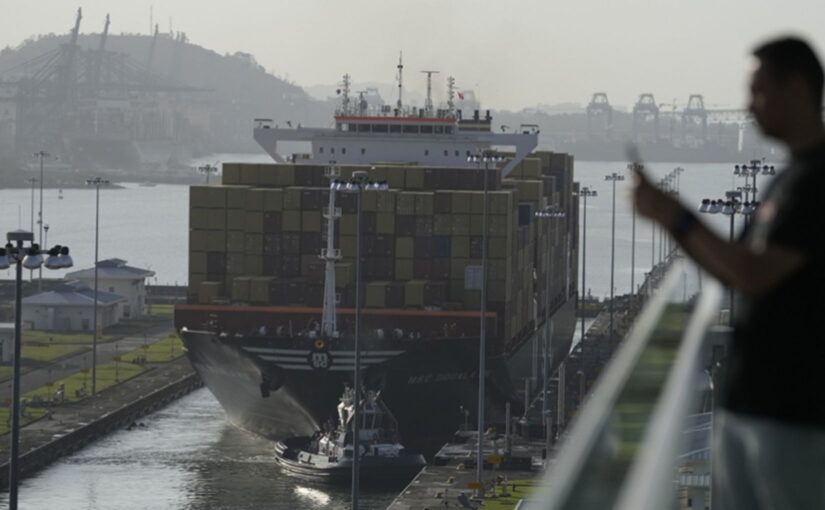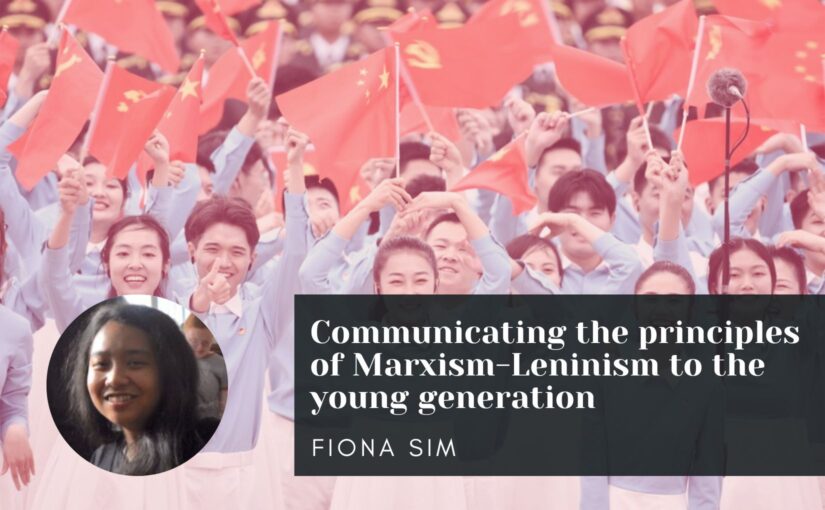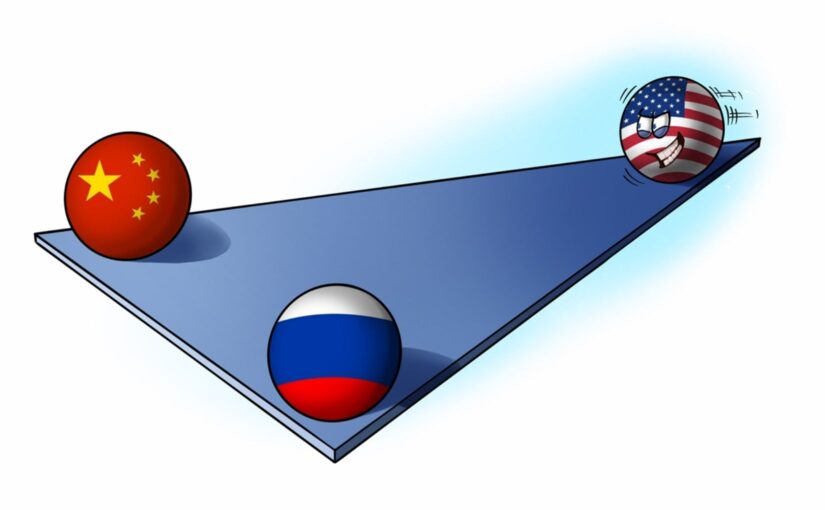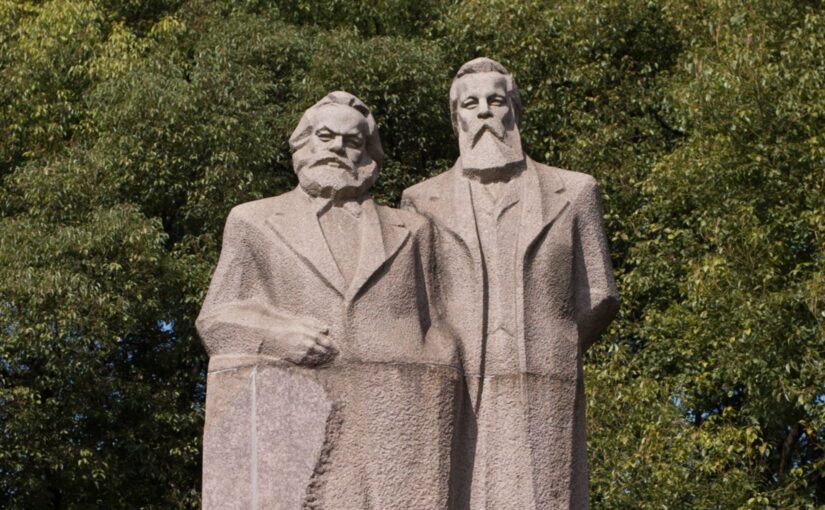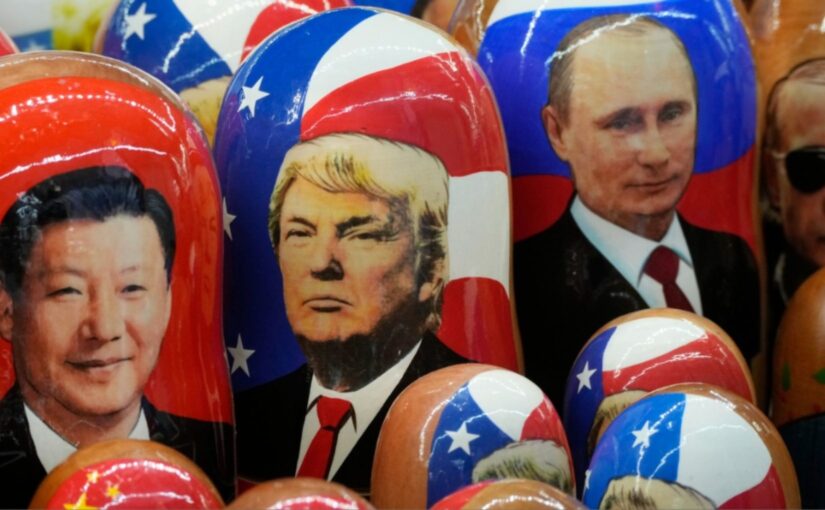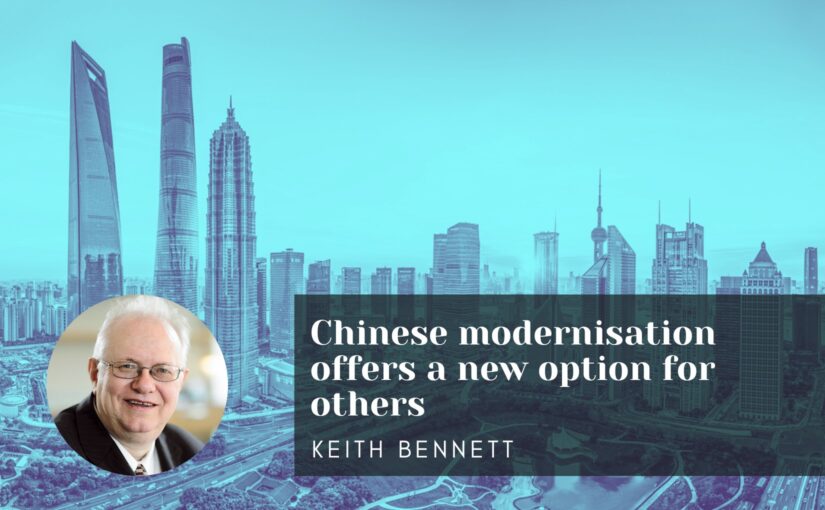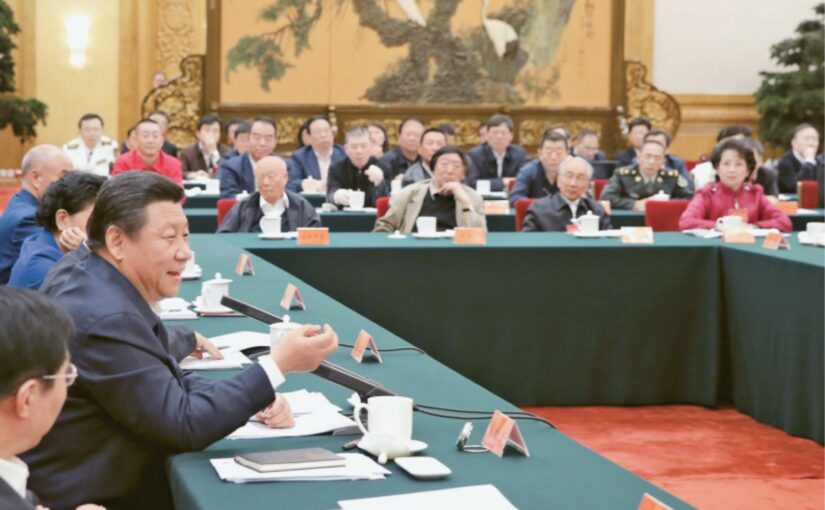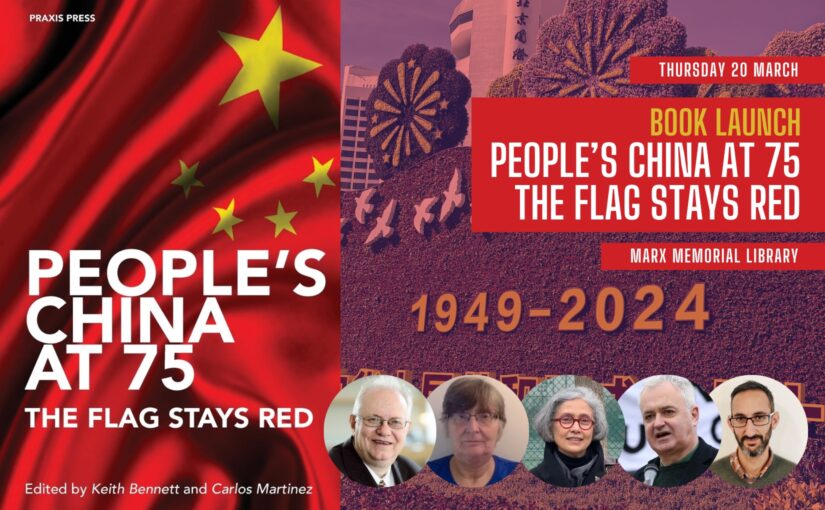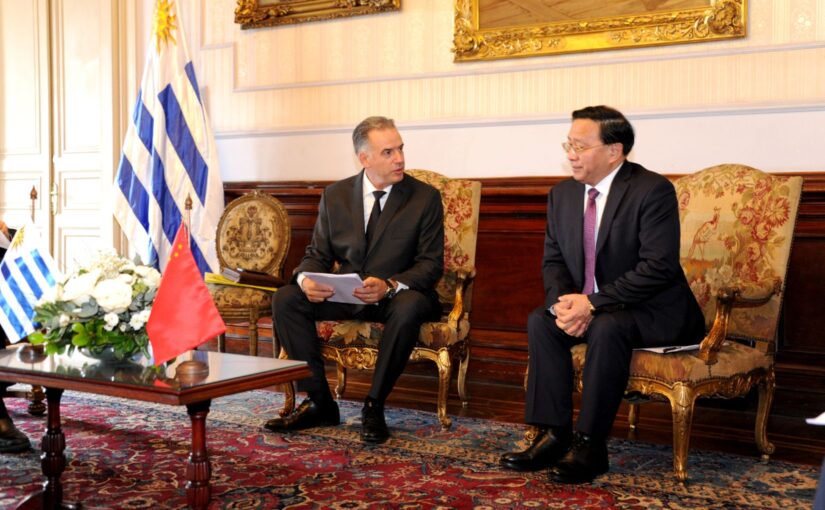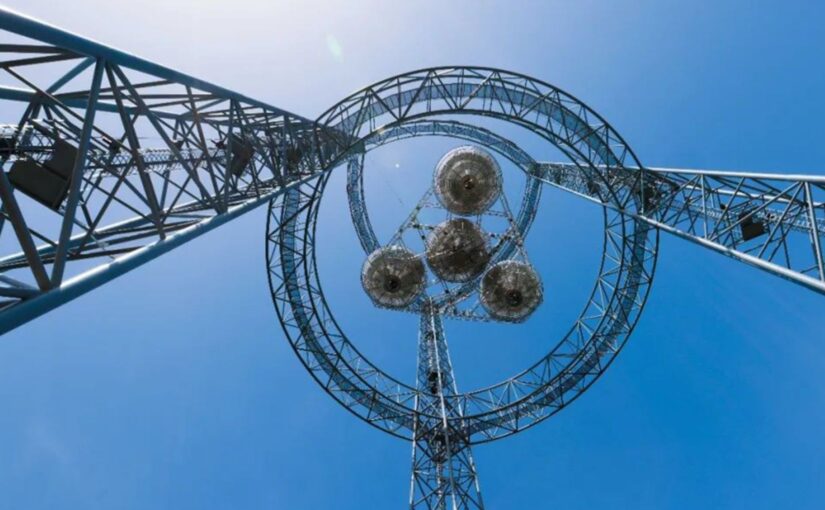The following is a brief commentary written by our co-editor Keith Bennett following the recent visit to Ireland by Chinese Foreign Minister Wang Yi, in which he draws attention to the long history of friendly relations between the peoples of Ireland and China, rooted in shared experiences of struggling for national liberation, economic ties, culture and sports.
Chinese Foreign Minister Wang Yi recently reaffirmed his country’s strong commitment to friendship with Ireland, saying that Beijing is committed to enhancing mutually beneficial cooperation with Dublin so as to achieve shared development and prosperity.
Wang made these remarks at a February 17 meeting with Irish Taoiseach (Prime Minister) Michael Martin. Although Ireland is a small country, it evidently enjoys an important place in Chinese diplomacy. Wang’s visit came just 13 months after that by Premier Li Qiang, which marked 45 years of bilateral diplomatic relations.
With its welcoming attitude to foreign investment, a number of Chinese companies have chosen Ireland for their European headquarters. They include TikTok, Huawei, Temu and Shein. As Wang observed, relations with Ireland have developed in tandem with China’s reform and opening up. In 1980, late President Jiang Zemin, then holding vice-ministerial rank, took part in a three-week training program in the Shannon free trade zone. China’s first special economic zone, in Shenzhen, was established that same year.
However, the friendship between the Chinese and Irish peoples is also underpinned by their common history of struggling against foreign aggression and occupation and to achieve national liberation and reunification.
During his stay in Europe, of the fifty-seven articles that China’s future Premier Zhou Enlai wrote between 1921-22 for the progressive newspaper Yi Shibao, a number were on the brutality of British attempts to suppress the Irish war of independence.
From Japan, Guo Moruo, subsequently famous for his poetic dialogue with Mao Zedong, had followed the 1920 hunger strike of the Sinn Féin Lord Mayor of Cork Terence MacSwiney in south London’s Brixton prison with four poems, later included in his ‘Selected Poems from The Goddesses’.
Indeed, culture has played a significant part in the people-to-people friendship between China and Ireland.
In 1890, the Irish poet and playwright Oscar Wilde, whose own works were first translated into Chinese in 1909, wrote a review of the first complete translation into English of Zhuangzi (Zhuang Zhou), the Daoist scholar from the Warring States period (4th century BCE). In Zhuangzi, Wilde is said to have discovered a kindred spirit, one whose ideas resonate in his own only explicitly political essay, ‘The Soul of Man under Socialism’.
During his December 2014 state visit to China, Irish President Michael D. Higgins, in a speech delivered at the former Shanghai residence of Sun Yat Sen, the leader of China’s 1911 democratic revolution, and his wife Song Qingling, later the Honorary President of the People’s Republic of China, recalled the 1933 visit to the same house of the great Irish playwright George Bernard Shaw:
“Today’s gathering… is not just an opportunity to recall the seminal role played by these three figures in the history of Ireland and China. Commemorating Shaw’s encounter with Song Qingling and several other Chinese writers and intellectuals [who included Lu Xun] also provides a valuable occasion to celebrate and assert, together, the value and abiding importance of international exchanges of ideas.”
Describing Shaw as “an essayist and polemicist, a free-thinker and a stout defender of the rights of the working classes and the marginalised,” President Higgins added that his “visit to Shanghai coincided with an era of great turbulence globally – a period when foreign powers were pushing rival claims onto China, as the Chinese people struggled to assert national sovereignty and define both an appropriate form of government and a new model of society for themselves.
“As a Fabian, Shaw was undoubtedly alive to the possibilities of a wider socialist awakening in China. As an Irishman, he would have been sensitive to the Chinese calls for national sovereignty. At the same time, he was mindful not to be prescriptive in his conversation with his Chinese counterparts… In the message he addressed to the Chinese people on the occasion of his visit, Shaw thus wrote:
“‘It is not for me, belonging as I do to a quarter of the globe which is mismanaging its affairs in a ruinous fashion to pretend to advise an ancient people striving to set its house in order.’”
Words which surely have lost none of their contemporary resonance.
The following day, speaking at Fudan University, Higgins noted that Marco Polo’s chronicles of his adventures in China had been translated into the Irish language within a century and around 150 years before an English translation. And although diplomatic relations were not established until 1979: “Ireland was one of a small number of Western countries who, between 1957 and 1971, was anxious to support the process which led to the representation of the People’s Republic of China at the United Nations… In 1971, Ireland therefore supported the People’s Republic of China’s recognition and admission to the UN.”
The build up to the establishment of diplomatic relations saw an intensification of people-to-people ties in which sport also played a significant part.
At his reception to celebrate the 75th anniversary of the founding of the People’s Republic, then Chinese Ambassador to Ireland He Xiangdong gave a special welcome to Kevin Carey, Patrick Dwyer, John McGrath, Norman Plunkett, Brian Purcell and Martin Moran, describing them as among the earliest Irish ” envoys” to the new China. In 1976, three years before the establishment of diplomatic relations, together with their teammates of the University College Dublin (UCD) football team, they had paid a three-week visit to six cities in China and had “shared their experiences in Irish newspapers, opening a window for the Irish people at that time to know something about China.”
On his February 2012 visit to Ireland, Xi Jinping, then Vice-President of China, displayed his skills at both Gaelic football and hurling at Dublin’s Croke Park. The home to Ireland’s Gaelic Athletic Association (GAA), Croke Park is also a hallowed place in the Irish people’s struggle for independence, being the scene of the November 21, 1920 ‘Bloody Sunday’ massacre of 13 spectators and one player by paramilitary police.
Xi Jinping’s passion for sport, and particularly his respect for Ireland’s indigenous games, made a tremendous impression on people in Ireland (although in the British media it was generally misreported as soccer), and years later keen observers of his New Year message noted the photo of his kicking off displayed in his office. It remains a powerful and touching symbol of the deep-rooted friendship and mutual respect between the peoples of China and Ireland – one that has the potential to make their bilateral relationship a model for those between countries of different sizes and with different social systems.


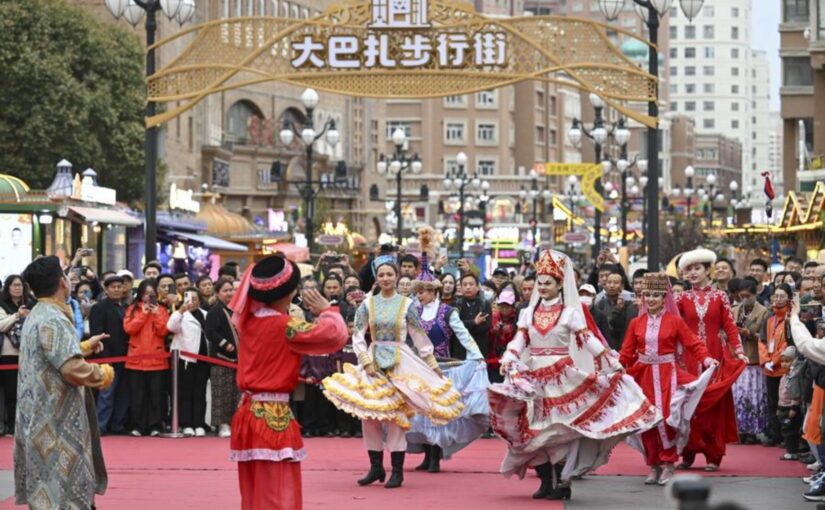

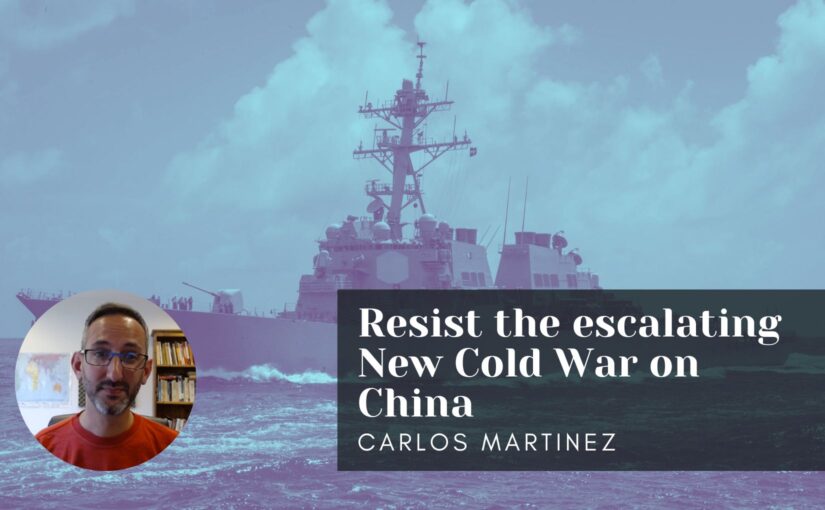
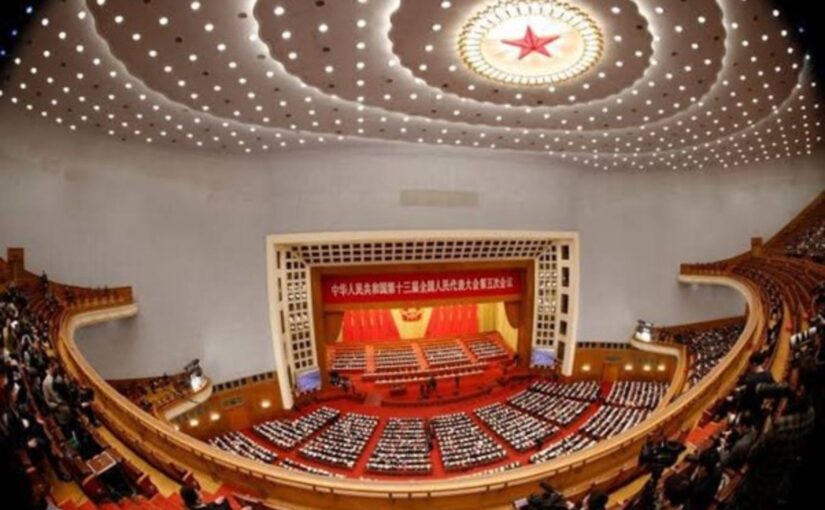
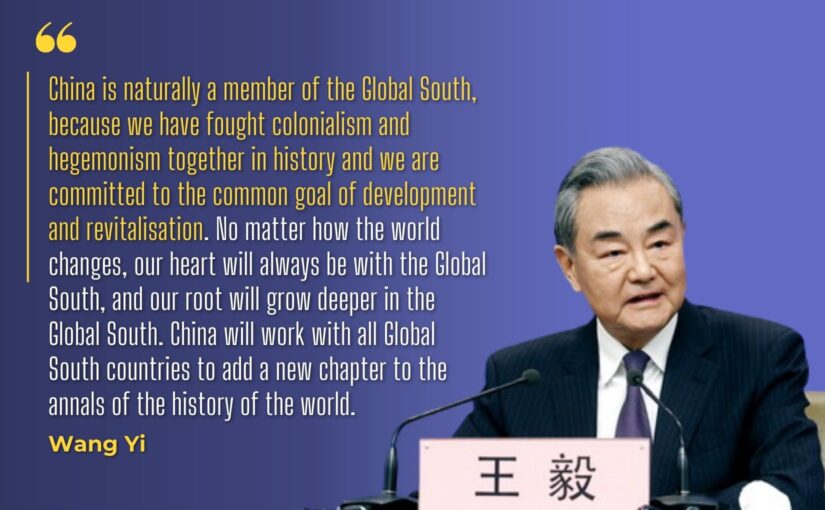
![Céad Míle Fáilte [100,000 Welcomes] for New Chinese Ambassador to Ireland](https://socialistchina.org/wp-content/uploads/2025/03/fosc-2025-03-09T180930.882-825x510.jpg)
